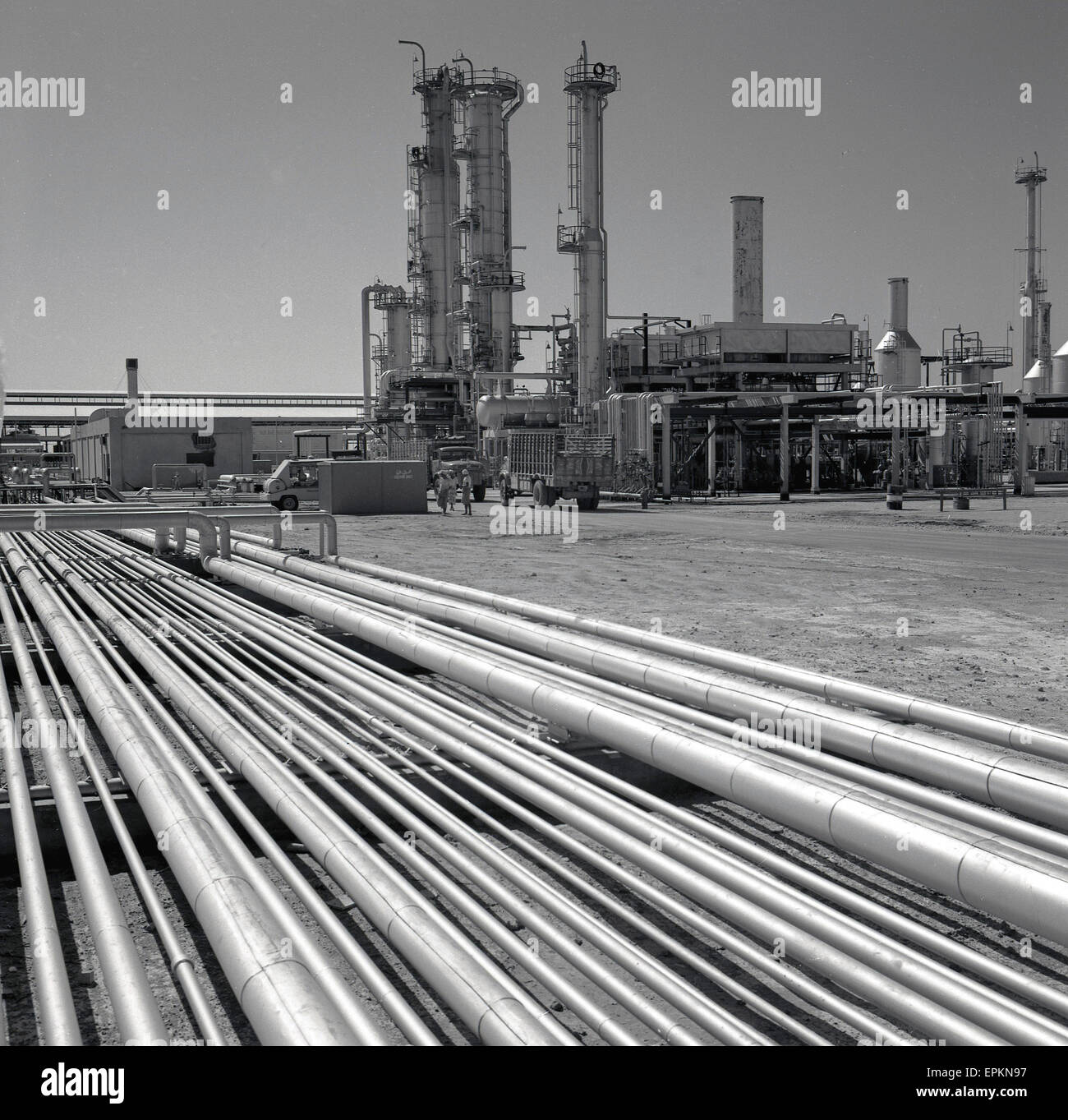Hi guys,
With the completion of RAPID The Next Phase Will Be Downstream Petroleum Chemical Companies
ALL THE 300,000 BARRELS OF CRUDE OIL GOING INSIDE THE REFINERY WILL COME OUT AS FINISHED PRODUCTS
What are they going to do with these finished products of Petrol, Diesel, Jet Fuel, Napta, Kerosene, Paraffin & Etc?
Of Course they have to find Storage Space First
And DIALOG Already prepared for them with More Oil Storage Tanks in Tg Langsat
So DIALOG will have another stream of Income
Storage for Crude OIl before refining. And also Storage for Finished products
See

But Dialog Also Reclaiming 300 Acres of Land from the sea
Just Next to Rapid will be the Down Stream Chemical Hub
Lands over in Singapore Jurong Island Chemical Hub now commands over Rm1,000 per sf ft and mostly leasehold of 20 years to 39 years. In RAPID the lands are free hold or 99 year lease
SO VERY VERY PROFITABLE CHUN CHUN FOR DIALOG
While Residential Lands are facing slow down THIS PLACE IS HOT HOT SPOT NOW!!
SO GOOD FOR DIALOG
And then what?
PANTECH WILL ALSO BE DOING ROARING BUSINESS
Why is it so?
Answer:
See

Oil Pipes will connect the finished products to Chemical Industries nearby
See the Success in Singapore
Jurong Island: What it takes to achieve a world-class petrochemicals hub
The
stellar success of Singapore’s Jurong Island Chemical Hub can be
attributed to clever land utilisation, adaptability to volatile markets
and adequate attention to safety and security
Jurong Island Chemical Hub, the pillar of Singapore’s petrochemicals
industry, is an embodiment of Singapore’s success. The island is an
amalgamation of seven small islands in the western part of Singapore,
formed through land reclamation. The process started in 1983 through the
combined effort of various government agencies in Singapore, in
particular the Economic Development Board and JTC Corporation.
Despite having no feedstock advantage or a substantial domestic market
to support the petrochemical production, Jurong Island has persevered
through stiff competition and maintained its position as one of the top
global petrochemical hubs. Today, Jurong Island Chemical Hub is home to
almost 90 international petroleum and chemical companies, and has
contributed to investments of over S$47 billion. The Hub manufactures
refined & chemical products from integrated petrochemical complexes
of oil majors Exxon Mobil and Shell, intermediate products from chemical
producers such as Sumitomo & BASF, to automotive chemicals and
agro-chemicals, from firms such as Evonik and Solvay.
We look at some of the critical reasons for this success.
1. Effective utilisation of land space
The effective utilisation of land has allowed all these facilities to
be built within a relatively small area. There is a large focus on
infrastructural support such as common pipeline corridors to make plant-to-plant transfers easier and more cost efficient. The
close proximity of the plants allow one company’s output to be used as
feedstock for another, thereby reducing logistics costs. Additionally,
the presence of third-party providers that handle non-manufacturing
services helps reduce costs. The network also offers companies
alternative options for product storage, freeing up space to carry out
more processing.
2. Adaptability and flexibility
Singapore has been able to adapt to market volatility, allowing the
industry to flourish. With the Jurong Island Version 2.0 Initiative
announced, the focus expanded from investment attraction to enhancing
competitiveness and sustainability through creating robustness,
optimization and optionality. Instead of building more refineries,
Jurong Island will transform itself to focus on specialty chemicals,
which are generally used in the textile, automotive and agriculture
sectors. They are higher up the value chain as they serve more unique
functions, and in 2015 it was reported that one-third of more than S$6
billion in fixed asset investments over recent years came from specialty chemicals alone.
Some countries have seen some difficulty in attracting specialty
chemical investments due to lax intellectual property laws. Singapore
has managed to gain investor confidence in this sector due to its
intellectual property protection laws, access to skilled labour and
research and development capabilities.
Flexibility is important in finding solutions to challenges. Take for example the ongoing development of the Pengerang Integrated Petroleum Complex, a petrochemicals hub in Johor, Malaysia. Although at first glance it might seem to pose a threat, there
is also potential for both Singapore and Malaysia to collaborate and
mutually benefit, given that land is limited in Singapore.
SEE
THERE IS
PIPE LINE CORRIDORS MEAN LOTS AND LOTS OF BUSINESS FOR PANTECH
WITH 30,000 TYPES OF OIL PIPE LINES & VALVES IN PENGERANG ITSELF PANTECH GOING TO DO VERY WELL!!
A BIGGER FACTORY IN PASIR GUDANG ONLY 80 KM AWAY WILL GIVE SUPPORTING NEEDS
SO SEE AHEAD
TAKE POSITION
LOTS OF BUSINESS MEAN THE FUTURE OF DIALOG & PANTECH LOOK BRIGHT
PANTECH WILL GET PERPETUAL MAINTENANCE JOB FROM PETRONAS FOR ITS OIL PIPES MAINTENANCE
DIALOG WILL GET PERPETUAL MAINTENANCE SERVICE CONTRACT FOR ITS OIL STORAGE TANKS
BEST REGARDS
Calvin Tan
Singapore
Please buy or sell after doing your own due diligence

https://klse.i3investor.com/blogs/www.eaglevisioninvest.com/194636.jsp

